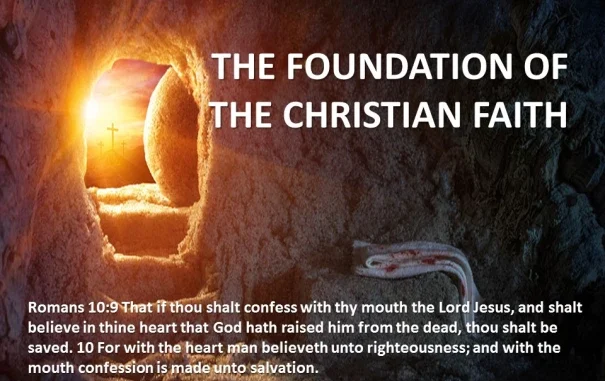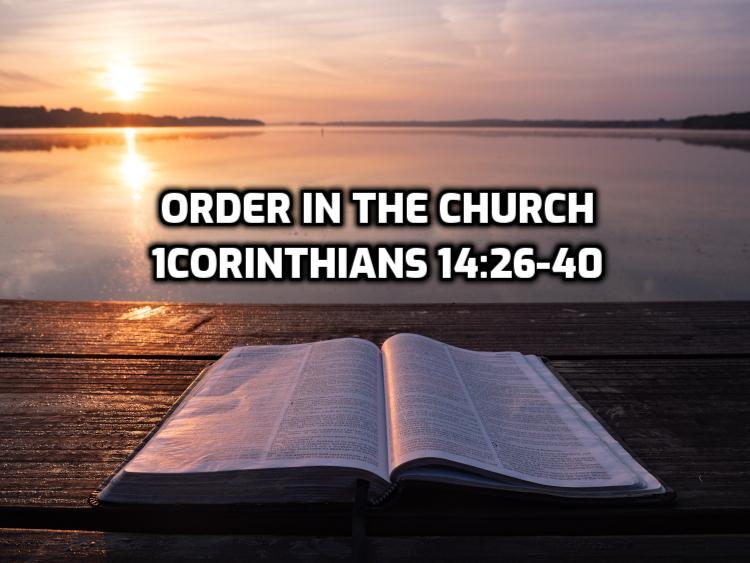
The early Church was Pentecostal
The early church was Pentecostal, filled with the Holy Spirit, and showed God’s power in many ways. This has never changed and set a pattern for the modern church today.
In the Book of Acts, we read about the Day of Pentecost when the Holy Spirit came upon Jesus’ followers. Acts 2:4 (NASB) says, “And they were all filled with the Holy Spirit and began to speak with other tongues, as the Spirit was giving them utterance.” This means they spoke in different languages so that everyone could understand the good news about Jesus, no matter where they were from.
The gift of tongues wasn’t just for speaking different languages. It also helped believers grow in their own faith. Paul explains in 1 Corinthians 14:4 (NASB), “One who speaks in a tongue edifies himself.” This means that speaking in tongues can build up and strengthen the person speaking, helping them to become closer to God.
The early church continued to show the Holy Spirit’s power through miracles, healings, and bold preaching. For example, Peter healed a man who couldn’t walk. In Acts 3:6 (NASB), Peter said, “In the name of Jesus Christ the Nazarene—walk!” This miracle showed the power of Jesus’ name and the Holy Spirit working through His followers.
Jesus also sent out 72 disciples to proclaim the Gospel. They returned with joy, saying they had cast out demons in Jesus’ name. In Luke 10:17 (NASB), it says, “The seventy returned with joy, saying, ‘Lord, even the demons are subject to us in Your name.’” This shows how Jesus empowered His followers to carry out His work.
Today, many churches follow this example by welcoming the Holy Spirit into their lives and gatherings. They believe the same power that was present in the early church is available now, helping them live out their faith with boldness and love.
By looking at the early church’s Pentecostal experiences, we can see a clear model for how the modern church can grow and thrive through the power of the Holy Spirit.

Orderly Worship in an Authentic Bible Believing Church: Honouring the Spirit’s Guidance
From the moment the Holy Spirit descended upon the disciples on the Day of Pentecost, the Church has been infused with a divine energy, a spiritual dynamism that continues to animate believers to this day. This outpouring of the Spirit birthed a movement characterised by vibrant worship, fervent prayer, and the manifestation of spiritual gifts. As inheritors of this rich heritage, Pentecostal churches seek to maintain the spirit of Pentecost in their worship gatherings, guided by biblical principles outlined by the apostle Paul in 1 Corinthians 14:26-33,39. In these verses, Paul provides invaluable insights into how orderly worship should be conducted in the context of a Pentecostal congregation. Let us delve into these principles to understand what orderly worship in an authentic Pentecostal church should look like:
Orderly Worship
- Active Participation: Paul emphasises the importance of active participation from every member of the congregation. When believers gather together, each one should come prepared to contribute something edifying to the body, whether it be a psalm, a teaching, a revelation, a tongue, or an interpretation (verse 26). This inclusivity ensures that every individual has a role to play in building up the church.
- Decorum in Spiritual Manifestations: While Pentecostal worship celebrates the supernatural manifestations of the Holy Spirit, Paul underscores the need for order and clarity. He instructs that if someone speaks in tongues, only two or at most three should speak, with interpretation provided to ensure understanding (verses 27-28). Similarly, he advises that prophetic utterances should be limited to two or three speakers, with others carefully discerning the messages shared (verses 29-31).
- Submission to Divine Order: Paul reminds believers that the spirits of prophets are subject to prophets (verse 32), highlighting the importance of self-control and submission to divine authority within the worship context. This ensures that spiritual experiences are exercised in a manner that promotes unity and orderliness.
- Pursuit of Edification: Above all, Paul emphasises the overarching goal of worship: edification. Whether through tongues, prophecy, or teaching, the primary aim is to instruct and encourage one another in the faith (verse 31). This underscores the importance of seeking the spiritual growth and well-being of the entire body of believers.
- Eager Pursuit of Spiritual Gifts: In closing, Paul exhorts believers to eagerly desire the gift of prophecy and to not forbid speaking in tongues (verse 39). This encourages an atmosphere of openness to the manifestations of the Holy Spirit, fostering a dynamic and Spirit-led worship experience.
In summary, orderly worship in an authentic Pentecostal church is characterised by active participation, decorum in spiritual manifestations, submission to divine order, pursuit of edification, and an eager pursuit of spiritual gifts. By adhering to these biblical principles, Pentecostal congregations can cultivate worship gatherings that are both spiritually enriching and honouring to God, keeping the flame of Pentecost burning brightly in the hearts of believers.
